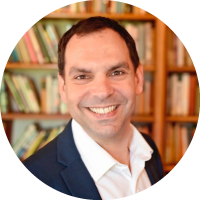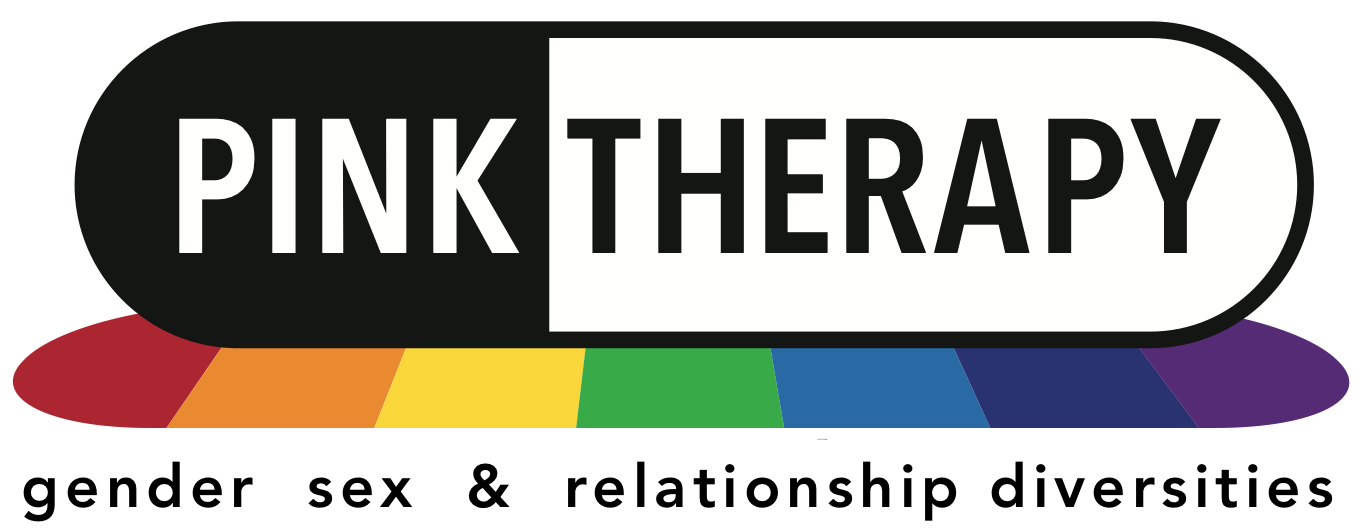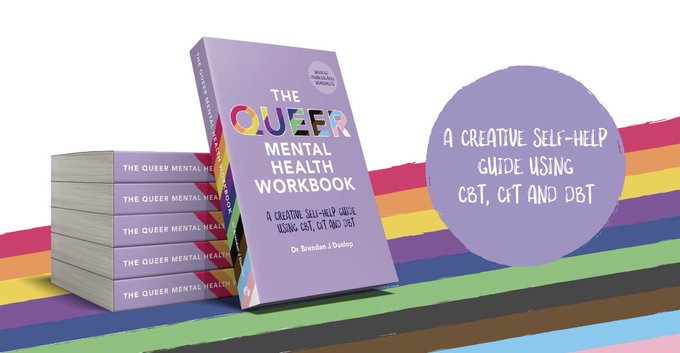The Queer Mental Health Workbook by Dr Brendan J Dunlop
Dunlop’s book adds to the Queer self-help literature by offering knowledge and strategies on looking after our mental health, drawing from various tried and tested psychotherapeutic traditions, including CBT, CFT, and DBT. Thanks to Dr Brendan J Dunlop, our diverse Queer communities now have a modern mental health resource that speaks directly to us, and that is totally relevant to our lives and experiences.
Being a specialist in working with Queer people, Dr Dunlop is sensitive to our LGBTQ+ history, how non-heterosexual and non-cisgender people were pathologised as mental health disorder diagnoses. Dunlop understands the impact of language and, more particularly, the words that we use to describe our mental health. In the introduction of his book, he explains why he doesn’t use words like ‘mental illness’ and ‘mental disorder’ preferring ‘mental health difficulties’. This sets the tone for the rest of his book, as he approaches the diverse mental health topics with such warmth, humanity, care, compassion, and without a hint of pathology.
Indeed, as he conveys so eloquently, we all have mental health to look after. The word ‘mental health’ is not limited to people who have been diagnosed with a psychiatric condition. This book, therefore, is for all Queer people, the ones of currently struggle with parts of their lives, and the ones who don’t, because even if we’re not struggling right now, we can all do with a reminder of self-care, given that Queer people still live in a heteronormative world, every day.
Dunlop’s style is accessible, offering the basics of Queer Mental Health in a way that is simple, easy to read yet pertinent to Queer people.
As a psychotherapist myself, I found it so refreshing to read familiar psychological concepts such as the relationship between our thoughts, feelings and behaviours written with a Queer lens. Dunlop integrates examples that are specific to the Queer communities that do not feature in other mental health workbooks, because heterosexual people do not have the same experiences as they live in a world made for them. As such, he reminds us that there is more to mental health than the ‘self’, there is also the heteronormative society, framing Queer Mental Health with the conceptualisation of the cycle of oppression.
In the section on Queer Identity, Brendan Dunlop gifts his readers with an in-depth exploration of the many aspects that inform how we self-identify, with questions for reflection. He also offers a powerful re-framing of ‘coming out’ as ‘embracing your queer identity’.
Dunlop approaches the concept of self-acceptance with much compassion. Rather than prescribing it for his readers, he explains why it can be difficult for some Queer people. Such compassion helps reduce the shame and a sense of ‘self-defectiveness’ that so many Queer people struggle with. This section is followed by powerful affirming statements on being Queer that clearly comes from his heart.
To maintain the non-pathology spirit of his book, Dunlop makes another fantastic re-frame on common unhelpful behaviours: instead of thinking of them as sabotaging, he proposes that we stay curious about the reasons we have those behaviours. He invites his readers with activities that encourage us in understanding and make sense of those seemingly unhelpful behaviours before we can understand how to make changes.
Dunlop also writes an excellent section on relationships (co-authored with Dr James Lea) helping readers understand the different types of connections that Queer people may have, and how a connection is important. I particularly like the inclusive language of relationship diversity and illustrating his points with examples of diverse people. The section on intersectionality (also co-authored with Dr James Lea) is excellent too. I enjoyed Dunlop’s metaphor of the crossroads (or intersections) making a complex subject so accessible.
In the second part of his book, Dr Dunlop invites us to look at specific mental health difficulties, maintaining a warm, human and non-pathologising stance. He discusses all the most common struggles that Queer people face: anxiety, low mood, sleeping problems, eating difficulties, shame, trauma, self-harm and suicide. Throughout the different sections of his book, he explains clearly why Queer people may experience these difficulties. He offers various excellent strategies to address those difficulties, as well as worksheets for exploration and self-reflection. Although each chapter can be read independently, Dunlop indicates which other chapters of the book can complement a chapter.
It is clear that Dr Dunlop is trauma-informed and approaches the chapter dedicated to it with the utmost care, both with his broad and compassionate definition of trauma but also with advising his readers to take care while reading it (he writes a wonderful section on self-care in the Low Mood chapter). I appreciated his tackling two subjects that are seldom addressed in literature but are very relevant to Queer people: religious/cultural trauma and healthcare trauma. In his Trauma chapter, he generously gives important and effective grounding techniques.
Brendan Dunlop courageously and sensitively addresses another taboo subject: suicide, including helping someone who is suicidal and being bereaved by suicide. Sadly, these uncomfortable topics are important for Queer people to understand better, and he does a great job writing about them thoroughly, reducing the shame that people may feel about it, and giving lots of great advice.
Dunlop structures every chapter with a summary of essential take-away messages, and a space for the reader’s thoughts, reflections, ideas and action plans.
In summary, The Queer Mental Health Workbook by Dr Brendan J Dunlop is a most excellent, much needed compassionate self-help book for all Queer people. Whether you are experiencing difficulties right now, or not, it is a book that all Queer people should have within reach because we all need some self-care reminders once in a while. I certainly felt like I was getting a big Queer hug reading the book. Dunlop has gifted our communities with amazing mental health resources, which, no doubt, will save Queer lives.
Silva Neves
Psychotherapist, Sexologist and Trauma Therapist


